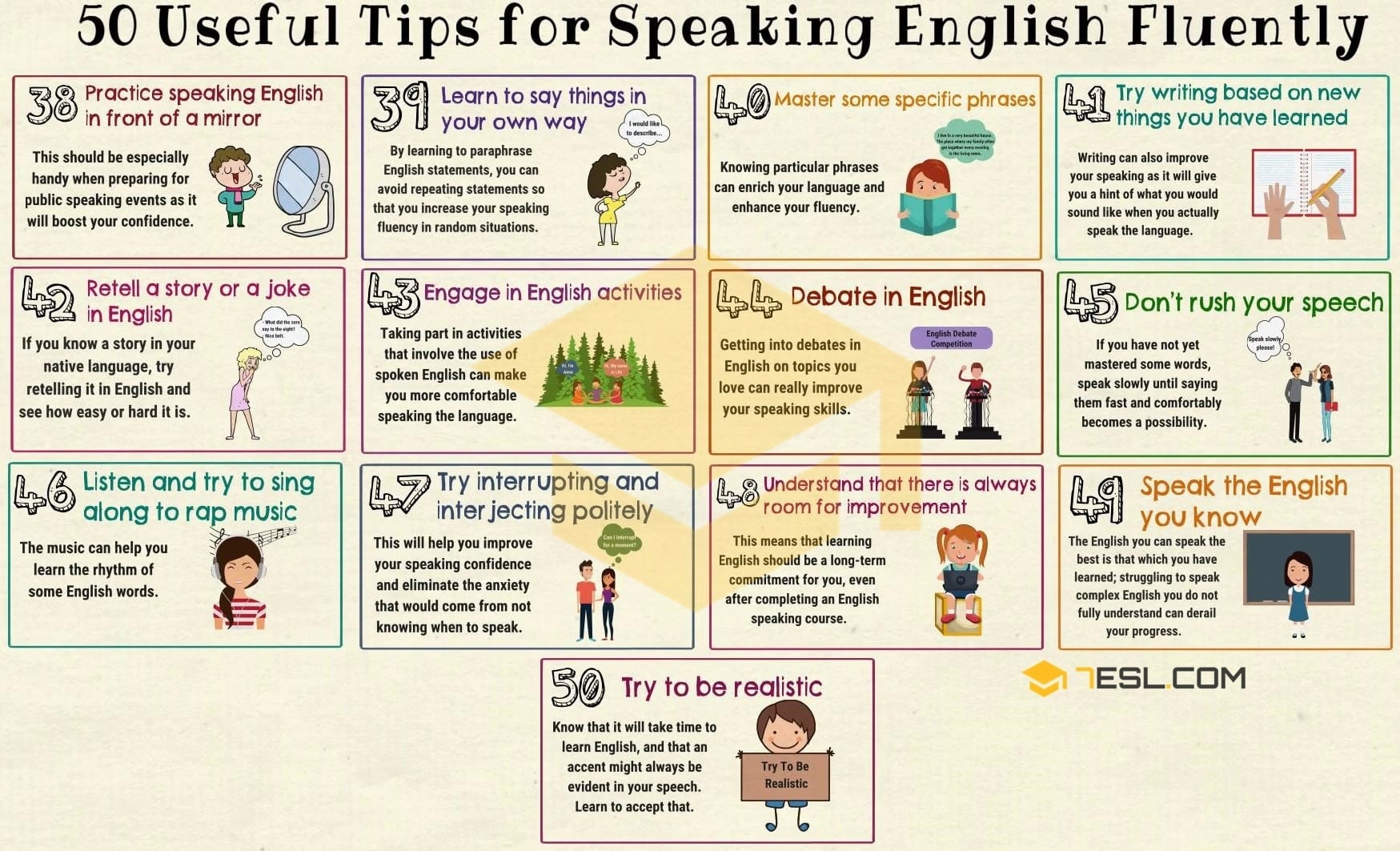Learn How To Speak Well And Confidently

Imagine standing on a stage, bathed in the warm glow of the spotlight, a sea of faces looking up at you expectantly. Your heart might flutter a little, but instead of fear, you feel a surge of calm confidence. Each word you speak resonates with clarity and conviction, captivating your audience. This isn't a dream; it's a skill that anyone can cultivate.
At its core, learning to speak well and confidently is about unlocking your potential to connect, influence, and inspire. Mastering this skill is not merely about elocution, but about empowering yourself to articulate your thoughts effectively, build rapport, and navigate various social and professional situations with grace.
The Foundation of Confident Communication
The journey to becoming a confident speaker often begins with self-awareness. Recognizing your strengths and weaknesses is crucial. Are you prone to filler words like "um" or "ah"? Do you struggle with eye contact? Identifying these areas allows you to focus your efforts strategically.
Practice is also essential. Toastmasters International, a non-profit educational organization, has helped millions worldwide improve their communication and leadership skills. They provide a supportive environment where individuals can practice speaking, receive constructive feedback, and build their confidence.
Building Blocks of Effective Speech
Beyond practice, understanding the mechanics of effective speech is important. This includes vocal projection, pacing, and articulation. Speak clearly and deliberately, varying your tone to maintain audience engagement.
Mastering the art of storytelling is another powerful tool. People are drawn to narratives, so weave personal anecdotes or relatable stories into your presentations to make them more memorable and impactful. Data from research consistently shows that audiences connect more deeply with information presented in a story format.
Body language is equally crucial. Maintain eye contact, use natural gestures, and adopt a posture that conveys confidence and openness. Nonverbal cues can often speak louder than words, so ensure your body language aligns with your message.
Overcoming Common Challenges
Many people grapple with anxiety when speaking in public. It's a common fear, but it doesn't have to be debilitating. Techniques like deep breathing exercises, visualization, and positive self-talk can help calm your nerves.
Preparation is another key to overcoming anxiety. Thoroughly research your topic, create a detailed outline, and rehearse your presentation multiple times. The more prepared you are, the more confident you'll feel.
Don't be afraid to embrace imperfections. Everyone makes mistakes, even seasoned speakers. The key is to learn from them and keep moving forward. As Dale Carnegie, author of "How to Win Friends and Influence People," famously said, "There are always three speeches, for every one you actually gave. The one you practiced, the one you gave, and the one you wish you gave."
The Rewards of Confident Communication
The benefits of speaking well and confidently extend far beyond the stage. In the workplace, strong communication skills can lead to increased visibility, promotions, and greater influence. In personal relationships, effective communication fosters understanding, strengthens bonds, and resolves conflicts.
Ultimately, learning to speak well and confidently is an investment in yourself. It's about empowering yourself to share your ideas, connect with others, and make a meaningful impact on the world. It's about finding your voice and using it to its fullest potential.
So, take a deep breath, step into the spotlight, and let your voice be heard. The world is waiting to listen.


















